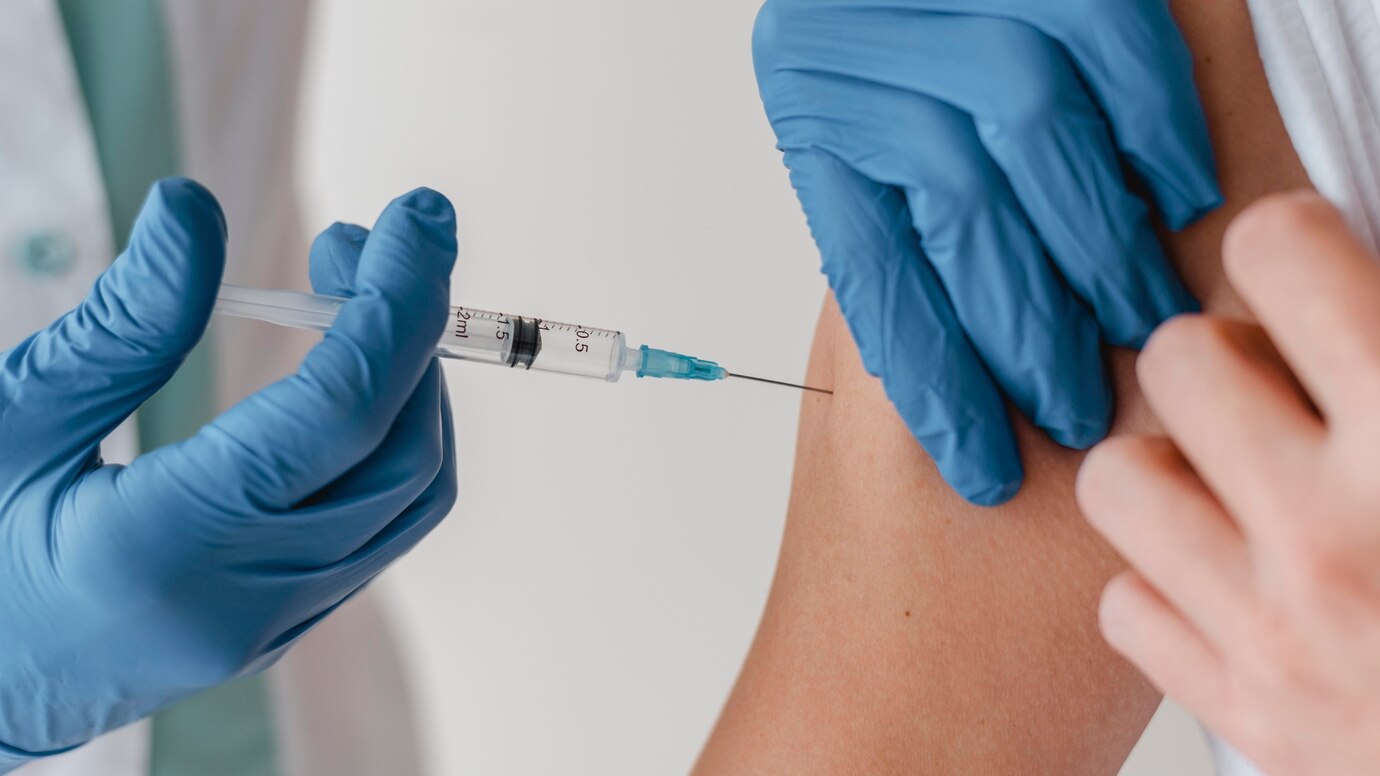Primary care plays a vital role in promoting overall wellness and preventing diseases through timely interventions, including vaccinations. Vaccinations, as part of primary care services, are essential for protecting individuals and communities from preventable illnesses. This article explores the importance of primary care and its role in administering vaccinations to ensure a healthier society.

What is Primary Care?
Primary care serves as the first point of contact for individuals within the healthcare system. It provides accessible, continuous, and comprehensive health services, addressing a wide range of needs such as preventive care, chronic disease management, and health education. Primary care providers (PCPs) include general practitioners, nurse practitioners, and allied health professionals who coordinate care and guide patients through the healthcare journey12.
The Role of Vaccinations in Primary Care
Vaccinations are one of the most effective tools in preventive medicine. Administered through primary care facilities, they protect against serious diseases by building immunity within individuals and communities. Key aspects include:
- Childhood Immunizations: Vaccines like MMR (measles, mumps, rubella), polio, and DTP (diphtheria, tetanus, pertussis) are critical forearly protection.
- Adult Vaccinations: Flu shots, shingles vaccines, and boosters for tetanus or hepatitis are essential for maintaining health in adulthood.
- Travel Vaccines: Primary care clinics often provide vaccines for diseases like yellow fever or typhoid for international travelers.
- COVID-19 and Emerging Diseases: PCPs play a crucial role in administering vaccines for pandemics or newly identified diseases.
Benefits of Vaccinations Through Primary Care
- Convenience: Vaccines are easily accessible during routine check-ups or wellness visits at primary care clinics.
- Comprehensive Care: PCPs can integrate vaccination schedules with other health services like screenings or chronic disease management.
- Community Immunity: Widespread vaccination reduces the spread of infectious diseases, protecting vulnerable populations.
- Health Education: PCPs educate patients on vaccine safety and efficacy to address concerns or misinformation.
Challenges in Vaccination Delivery
Despite their benefits, challenges such as vaccine hesitancy, supply chain issues, and access disparities persist. Primary care providers play a critical role in addressing these challenges by fostering trust with patients, ensuring equitable access to vaccines, and advocating for public health initiatives13.
FAQs
1. What is the role of primary care in vaccinations?
Primary care ensures timely administration of vaccines as part of preventive health measures while educating patients on their importance.
2. Why are vaccinations important for adults?
Adult vaccines like flu shots or shingles vaccines protect against age-related illnesses and maintain long-term immunity.
3. Can I get travel vaccines at my primary care clinic?
Yes, many primary care clinics offer travel-specific vaccinations like yellow fever or typhoid based on your destination.
4. How do primary care providers address vaccine hesitancy?
PCPs build trust by providing evidence-based information on vaccine safety and efficacy to alleviate patient concerns.
5. What vaccines should children receive during routine check-ups?
Children should receive essential vaccines like MMR, polio, DTP, and others according to their age-specific immunization schedule.
Trust our clinic to deliver compassionate care and expert advice on vaccinations to protect you and your loved ones from preventable diseases. Visit us at https://sccplano.com/ or call us at (972) 848-0873 to schedule your appointment today!
